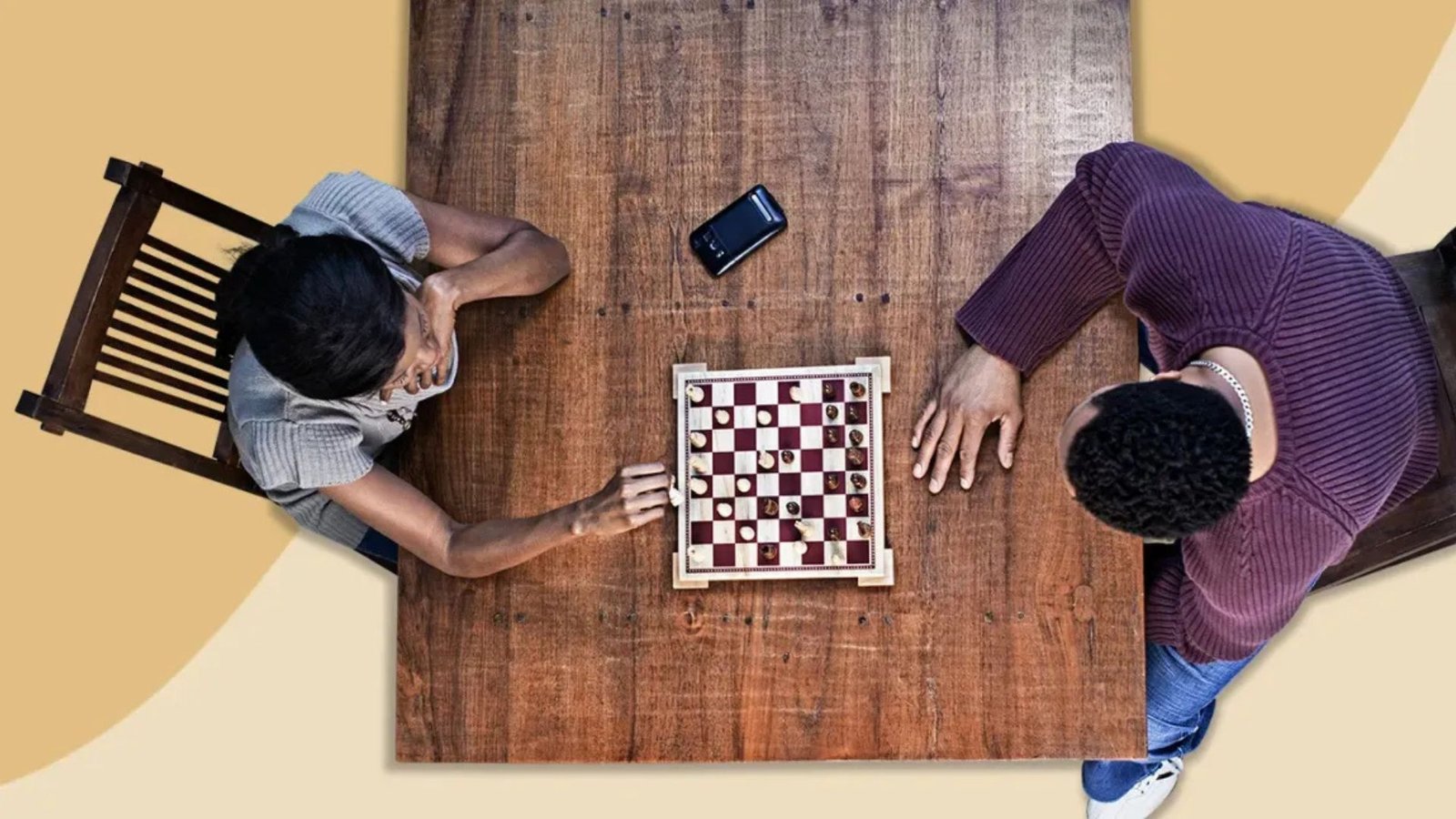Attention Deficit Hyperactivity Disorder (ADHD) is a neurodevelopmental disorder characterized by symptoms such as inattention, hyperactivity, and impulsivity. Individuals with ADHD often struggle with maintaining focus, completing tasks, and organizing their thoughts. Interestingly, puzzle games have been found to have a significant connection with managing ADHD symptoms. These games, which involve problem-solving, pattern recognition, and mental engagement, can serve as an effective tool for improving focus, cognitive skills, and behavior regulation in people with ADHD. In this article, we explore how puzzle games can positively impact individuals with ADHD.

Enhancing Focus and Attention
How Puzzle Games Help
Puzzle games require concentration and sustained attention, which can be particularly beneficial for individuals with ADHD. Games like Sudoku, crosswords, jigsaw puzzles, and logic-based games provide a structured environment where players must focus on solving a problem within a set of rules. This type of focused activity can help individuals with ADHD improve their ability to concentrate, even if just for short periods.
The ADHD Focus Challenge
People with ADHD often experience difficulty with sustained attention, especially when tasks become repetitive or unengaging. Puzzle games help to address this issue by offering varying levels of difficulty, which keeps the player engaged and motivated to continue. The challenge of solving puzzles requires individuals to stay mentally engaged, which can strengthen their attention span over time.
Why Puzzle Games Are Effective
Puzzle games provide a continuous cycle of short-term rewards (solving the puzzle), making them particularly effective for people with ADHD who might struggle with tasks that have longer-term goals. This system of immediate gratification helps to reinforce the habit of focusing on the task at hand, and the sense of accomplishment after solving a puzzle can boost motivation and concentration.
Improving Cognitive Functioning
Cognitive Benefits of Puzzle Games
Puzzle games stimulate various cognitive functions, such as memory, logic, reasoning, and executive function. These games often require players to plan ahead, recognize patterns, and use critical thinking skills—all of which can help to enhance cognitive performance in individuals with ADHD.
Working Memory and Problem-Solving
For people with ADHD, working memory—the ability to hold and manipulate information in the mind—is often impaired. Many puzzle games, like memory card games or logic puzzles, involve retaining and using information over short periods, which can help strengthen working memory. Additionally, solving problems in puzzle games enhances problem-solving abilities, which can translate into improved decision-making and task management in real life.
Executive Function Improvement
Executive functions, including planning, organizing, and self-regulating behavior, are often weak in individuals with ADHD. Puzzle games that require players to organize pieces (e.g., jigsaw puzzles) or manage multiple steps (e.g., Sudoku) can train the brain to improve these executive functions, helping individuals develop better planning and organizational skills.
Which Puzzle Games Are Best for ADHD?
Best Puzzle Games for ADHD
Some puzzle games are more beneficial than others for people with ADHD. The ideal games are those that require focus but don’t cause frustration or fatigue. Here are a few types of puzzle games that may be particularly helpful for individuals with ADHD:
- Sudoku: Great for improving logic, working memory, and concentration.
- Jigsaw Puzzles: Help with patience, visual-spatial skills, and focusing on details.
- Crossword Puzzles: Improve verbal memory, attention, and problem-solving skills.
- Memory Card Games: Enhance short-term memory and concentration.
- Strategy-Based Games (e.g., “Portal”): Improve problem-solving and executive functioning.
- Puzzle Apps and Games (e.g., “Monument Valley”): Provide visual engagement and logical thinking in a fun, interactive way.
Conclusion
Puzzle games can offer a multitude of benefits for individuals with ADHD. From enhancing focus and cognitive abilities to improving emotional regulation and impulsivity, puzzles serve as a fun and effective tool for managing ADHD symptoms. By engaging with these games regularly, individuals can develop key skills such as concentration, patience, problem-solving, and emotional resilience. If you’re looking for a way to help manage ADHD, incorporating puzzle games into your daily routine may just be the perfect solution for boosting mental clarity and improving overall well-being.



